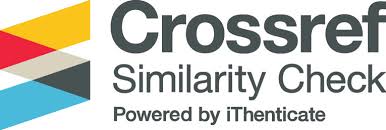Reflections on Implementation of the Framework Medium-Term Fiscal in Indonesia
DOI:
https://doi.org/10.33827/akurasi2020.vol2.iss2.art82Keywords:
mtff, budget, medium termAbstract
To implement state financial reform under the Law no. 17 of 2003, the government applies professional principles in budgeting, especially medium-term budgeting. It has become best practices of The Organization for Economic Co-operation and Development (OECD) countries, which aim to synchronize development targets and fiscal balance. This study evaluates the implementation of the basic macroeconomic and fiscal framework in the medium term in aggregate (Medium Term Fiscal Framework—MTFF) which is the basis for medium-term budgeting. The components of the MTFF include basic macroeconomic assumptions, the budget realization, and fiscal sustainability. This study uses a comparative method, both structure comparisons and target-realization deviations. The structure comparison refers to the definition of the OECD, while the target and fiscal realization use a data comparison of the RPJMN/RKP, KEM PPKF, APBN, and LKPP. The result exhibits the economic growth and poverty rate on average have the highest deviation for macro assumptions assessment. On the fiscal side, the deviation of the budget deficit is decreasing steadily. To improve accuracy, it is necessary to increase coordination and harmonization in the mid-term policy making.







